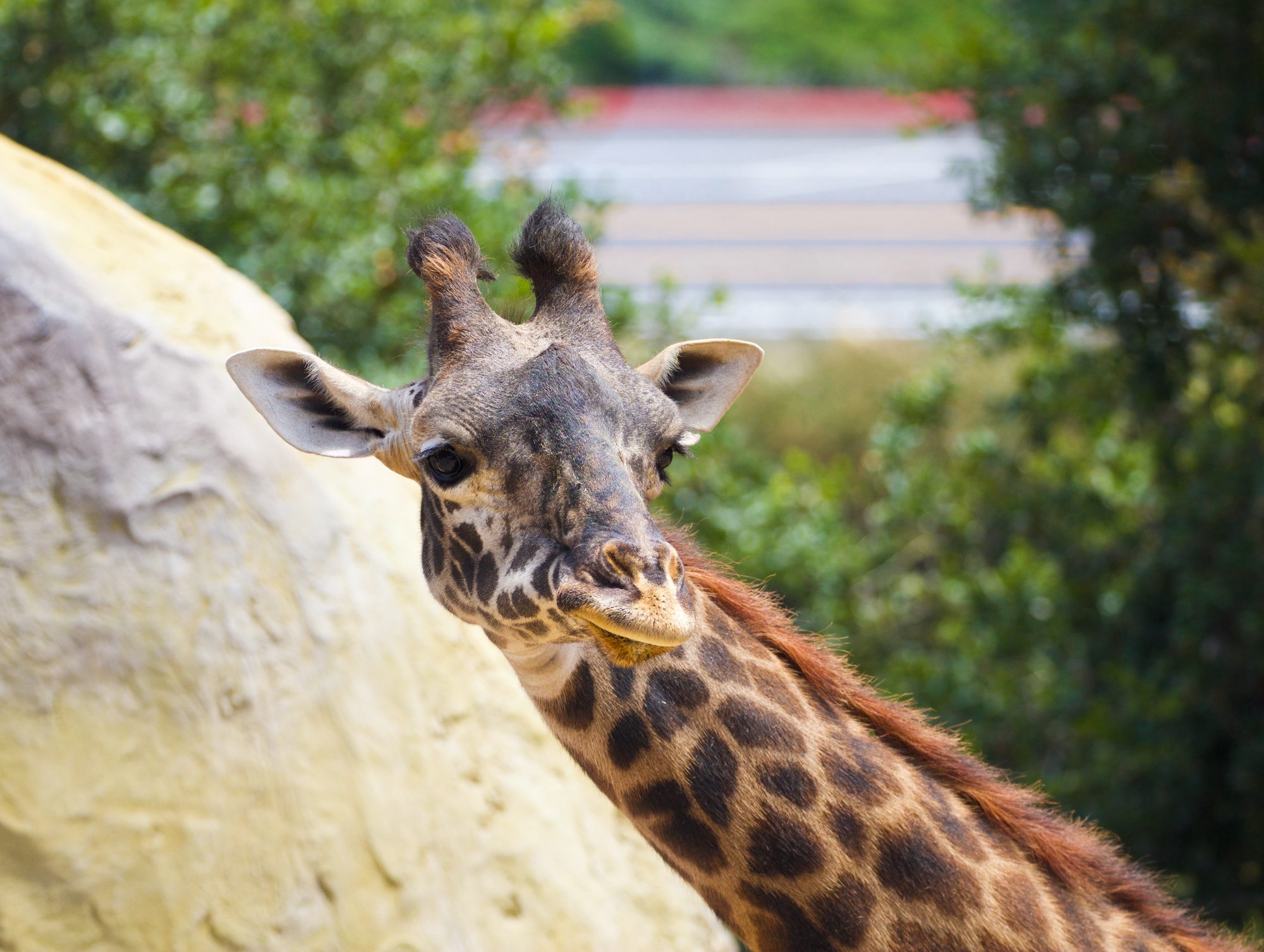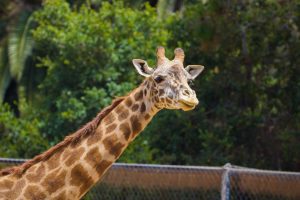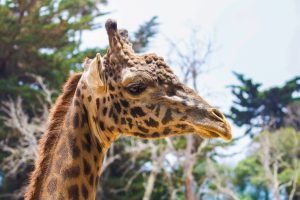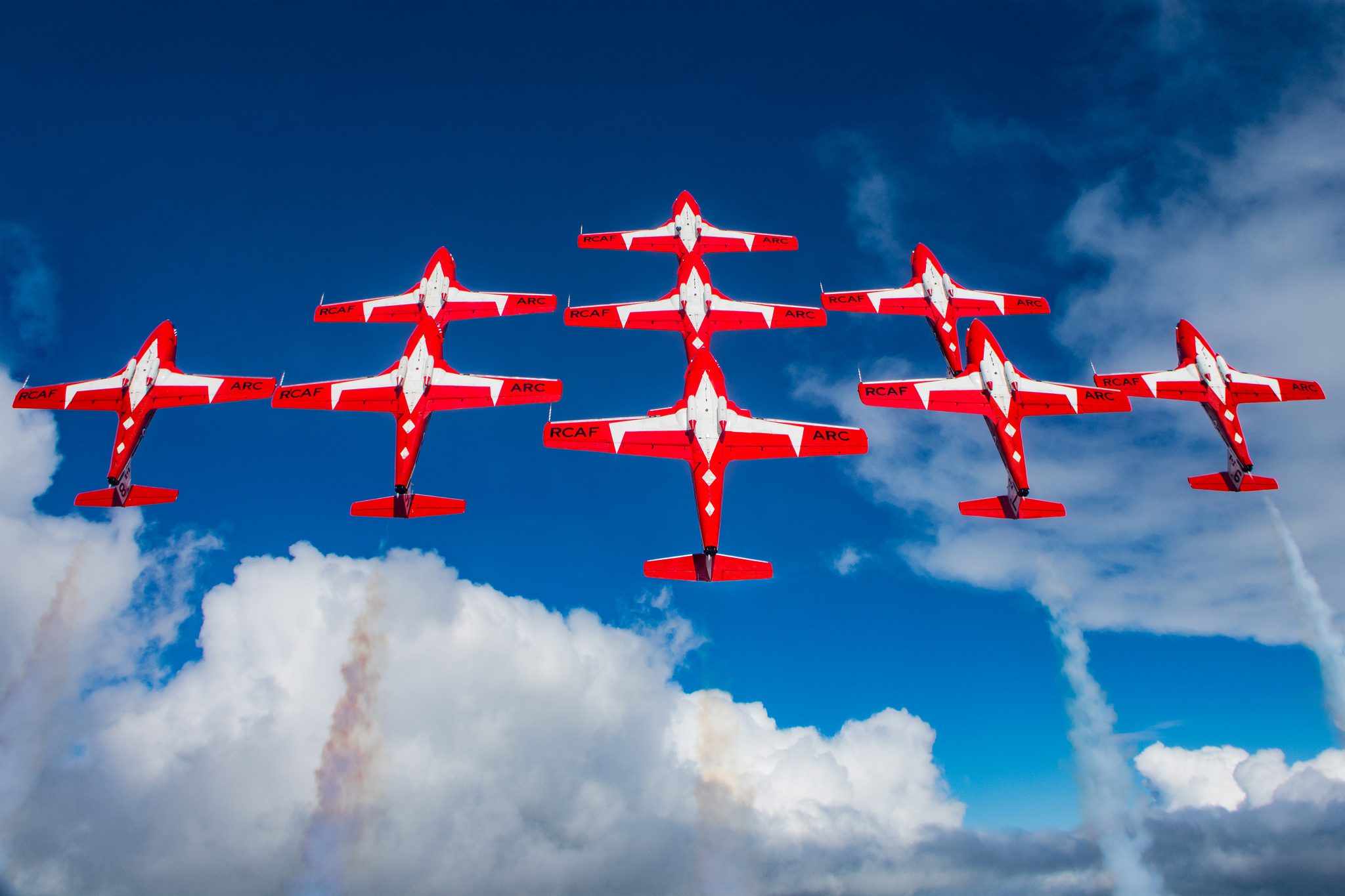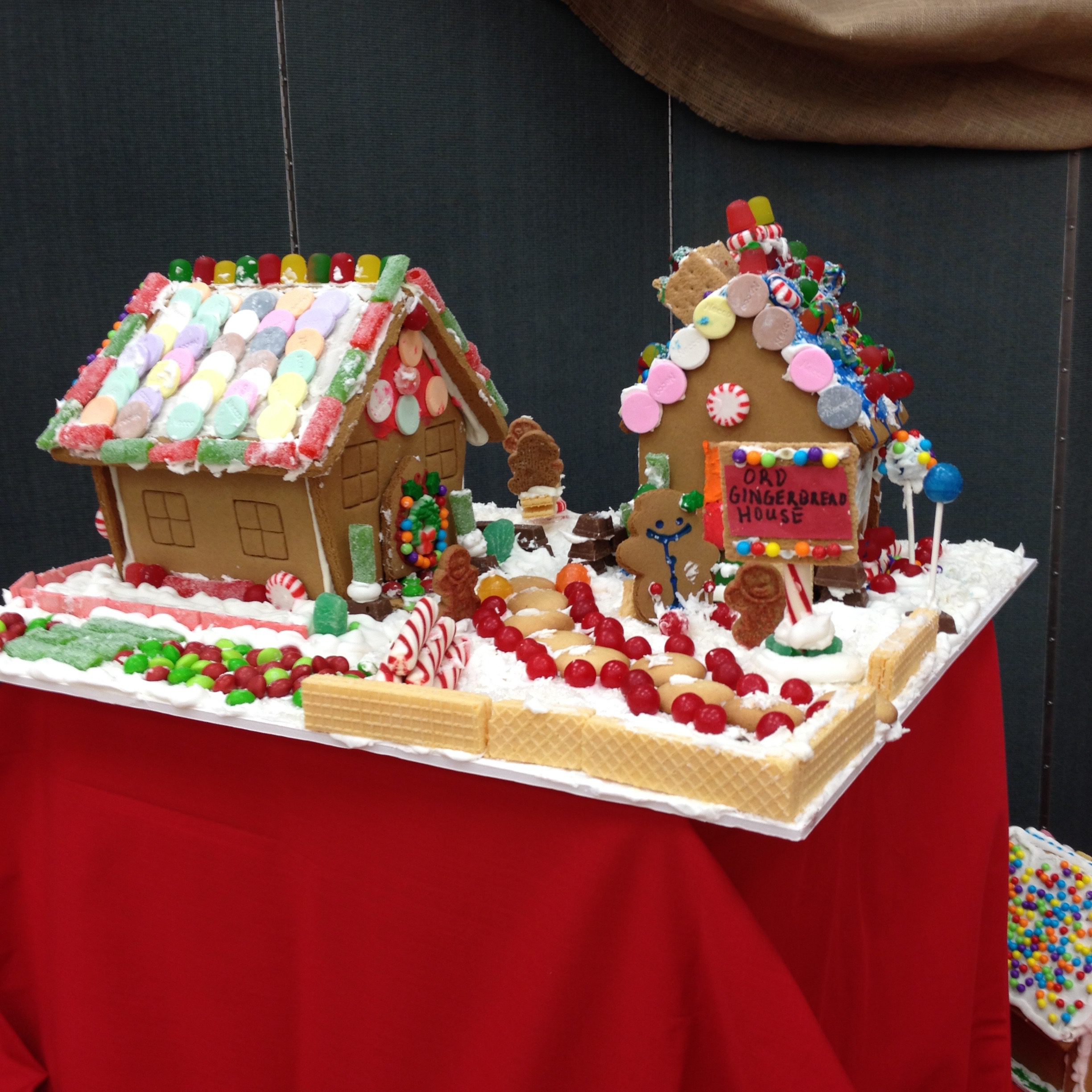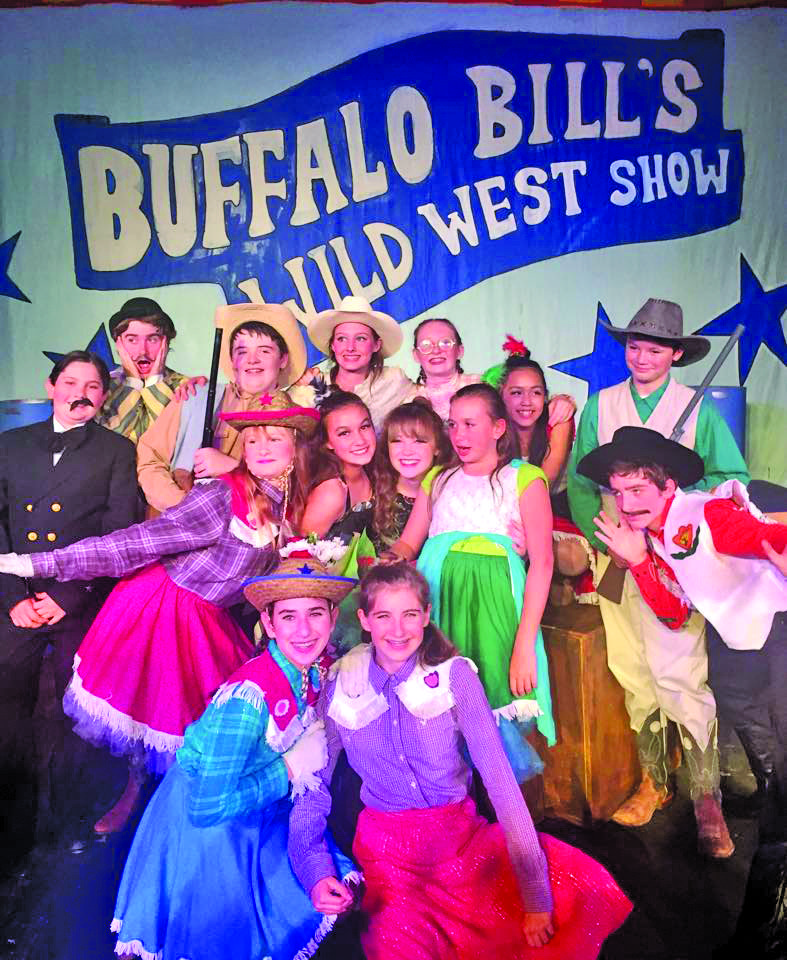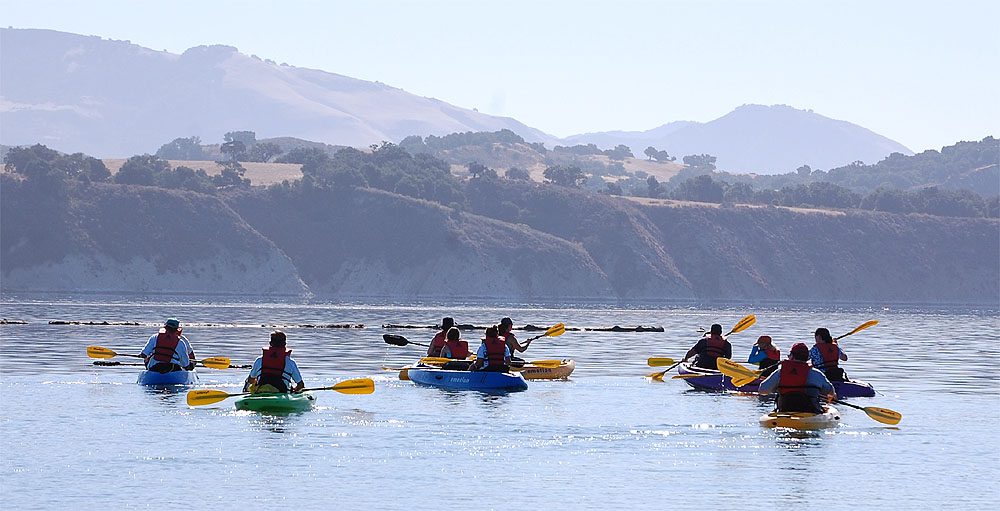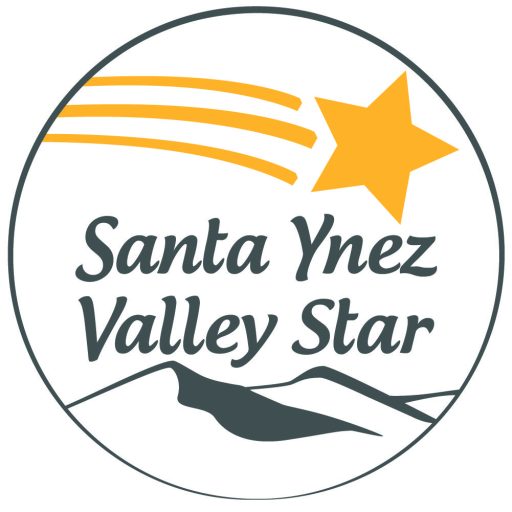Staff Report
Just three weeks after Masai giraffes were declared endangered by the International Union for Conservation of Nature (IUCN), the Santa Barbara Zoo has announced that both of its adult female giraffes are pregnant. The zoo’s adult male Michael is the sire.
This is the first pregnancy for 5-year-old Adia (ah-DEE-ah), who arrived in December 2017 from the Cleveland Zoo as a potential mate for Michael. She is due in April 2020.
Audrey, who is 11 years old, is due in July 2020. She has had four calves with Michael, most recently Amirah (Ah-MERE-ah), born in March 2018, who remains a member of the zoo’s giraffe herd.
“The number of Masai (mah-SIGH) giraffes in the wild is significantly declining, and the population under human care here in the U.S. is relatively small. So every single giraffe born at the zoo helps keep their species genetically diverse and thriving,” said Dr. Julie Barnes, the zoo’s vice president of animal health and care.
There are an estimated 35,000 Masai giraffes in the world, but their population has fallen by nearly 50 percent in the last three decades.
Michael is the most genetically important male Masai giraffe in North America, as he is related only to his offspring. He was brought to the zoo from Canada in December 2011 and has since sired seven calves. Five of those calves have moved to other accredited zoos as part of a cooperative breeding program among accredited members of the Association of Zoos and Aquariums (AZA).
“In the wild, young giraffes often leave their natal herd to breed. Calves born here at our zoo go to other AZA zoos so their important genes are passed on to maximize genetic diversity,” added Barnes.
Giraffe gestation is approximately 15 months, and pregnancies are confirmed through hormone analysis of fecal samples.
The Santa Barbara Zoo’s Masai giraffe herd currently numbers four: Michael, Adia, Audrey, and her calf Amirah. It is anticipated that Amirah will soon move to another zoo as part of the AZA breeding program. Another female, Betty Lou, arrived at the zoo in 2010 and moved to the Fresno Chafee Zoo in 2018 after producing three calves.

